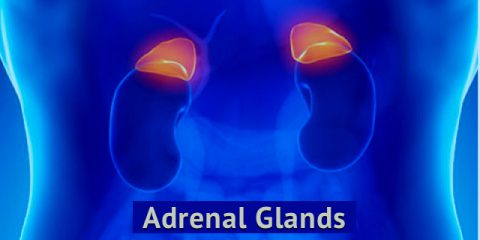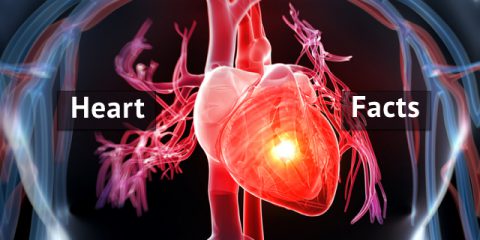The adrenal glands-which are also called suprarenal glands-are part of the endocrine system and are found on the top of each kidney. How the endocrine system hormones work Hormones secreted from glands of the endocrine system travel in the bloodstream to target cells. Target cells have receptors that are specific to each hormone. The hormones and receptors...
Read MoreRight To Try: Needed Legislation or Snake Oil?
Thirty-eight states in the US have passed “Right To Try” laws. These are laws that are created to give terminally ill patients who have run out of options access to experimental drugs that have not completed the FDA approval process. There is an effort underway to pass this type of legislation on a federal level. On February 8, the #LCSM (Lung...
Read MoreSCAD and Heart Facts Infographic
This week, the American Heart Association put out its first Scientific Statement on SCAD-spontaneous coronary artery dissection. “Spontaneous coronary artery dissection (SCAD) has emerged as an important cause of acute coronary syndrome, myocardial infarction, and sudden death, particularly among young women and individuals with few conventional...
Read MoreMore on Insulin: Insulin Replacement Therapy
Insulin was first extracted from cattle and pig pancreas. It took 8,000 pounds of pancreas from 23,500 animals to make one pound of insulin. In 1978, Eli Lilly needed 56 million animals to meet the US demand for insulin. Everything changed when, Genentech used recombinant DNA technology to create synthetic human insulin (now called human insulin). The...
Read MoreWhat’s going on with the price of Insulin?
And the prices of other medications in the US Type 1 diabetes is an autoimmune disease. That means that the person’s immune system attacks and destroys the cells in the pancreas (beta cells) that make insulin. Once those cells are destroyed, they don’t grow back. Type 1 diabetes is usually diagnosed in young people, before the age of 30, and most often...
Read MoreCould It Be Flu?
Having just experienced the influenza virus, I can vouch for its intensity. For over nine days I have had fever, cough, body aches, chills, headache and fatigue. When I finally went to my physician, my blood oxygen levels were below normal. And I’m still trying to clear my brain from the “peach fuzz.” The influenza virus is...
Read MoreTo Treat or Not To Treat Cancer: Medical Decision-making
Cherry Hughes** is an active, energetic 75 year old, still working in the marketing and public relations profession in Great Britain. Her life is filled with friends and fun. “I love cooking and eating out. I am deeply interested in politics. I love music …I go to jazz clubs. I love going to France …I have a little apartment...
Read MoreWhat is Neutropenia?
There are 1.6 million people diagnosed with cancer in the US each year. Of these, 650,000 receive chemotherapy. Did you know that 60,000 people a year are hospitalized for neutropenia, a common side effect of chemotherapy? One in fourteen die because of it. Of the 650,000 receiving chemotherapy, 104,000 are not aware of neutropenia and 52,000 don’t...
Read MoreEmergencies and Illness
After three hurricanes, flooding, fires and mudslides, and now severe cold and snow in the Deep South and throughout the country, the US has had its share of emergencies. Are you prepared? For people who rely on oxygen, who are on dialysis, have diabetes or other serious conditions, it is time to think about putting together some of the essentials. What...
Read MoreWhat’s For Dinner? Coping with Diabetes with Meal Makeovers
Looking for new ways to deal with what to serve yourself or your family is complicated by diabetes. In Carbohydrates: Why We Love Carb Counting (and You Should Too!) and Be Confident! Face Carb Counting Positively, we introduced carbohydrates and how to deal with them. Today we are going to share an infographic from Diabetes Forecast: The Healthy...
Read MoreCAR T-Cells and HIV: What’s the Connection?
It has taken decades of work for researchers to find ways to activate the immune system to treat cancer (what we now call immuno-oncology or I-O). Much of that work has been poorly funded. Largely, it has been the result of researchers getting experience in other disciplines (like infectious disease) and then transferring that expertise to oncology...
Read MoreEnding the Year with Music
It’s time to say goodbye to the old year and the best way to do so seems to be with music. For “Where words leave off, music begins.” ― Heinrich Heine Mozart’s Clarinet Concerto Second Movement “To stop the flow of music would be like the stopping of time itself, incredible and inconceivable.” ― Aaron Copland Kansas:...
Read More













